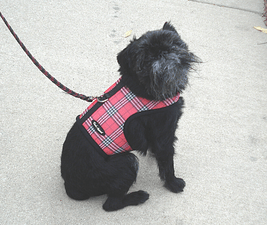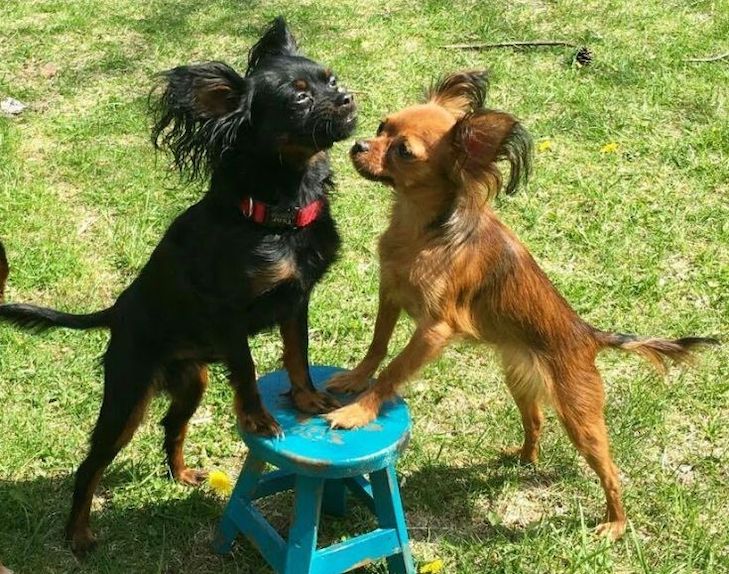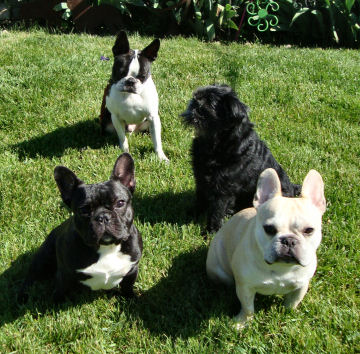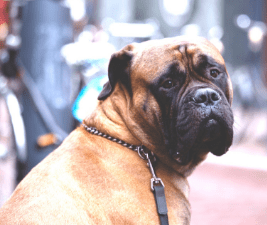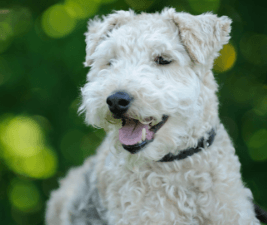Small dogs have a big reputation for being aggressive. “Nasty” little dogs is a pretty common phrase. But are small dogs actually more reactive than big dogs? Or are other factors at work that just make it seem that way?
Nature vs. nurture
A dog’s breed has a significant impact on their temperament. Most small dog breeds were developed for pest control. Designed by people to work independently, as hunters. The Yorkshire Terrier, now considered rather fancy, was developed to rid the Yorkshire fabric mills of rats. Not as elegant as they seem!
Many of the terrier breeds are expected to show their feistiness. Even these days at dog shows, judges will ask terrier people to “spar” their dogs – seeing how they react to each other.
Many of the medium and larger breeds of dogs work closely with people. Calmly doing their jobs, whether that’s retrieving, tracking, pointing, herding, or guarding. Killing vermin didn’t really enter the picture.
So many small dogs are, by nature, readier to react to distractions in their environment. They’re always ready for the chase.
The nurture part
Of course nature is only part of the answer. How dogs are raised makes a huge difference, too. Most people with large, or powerful dogs know their dogs need to be trained to live successfully in society. Small dog people aren’t as likely to seek out manners or obedience classes. We know that, if push comes to shove, we can always pick up our dogs and leave. And, unfortunately, many puppy classes include play periods that may be unsafe for small dogs. It only takes one incident of getting bashed into or rolled over to make a small dog wary of their bigger cousins.
In addition to training, most larger dogs also have a need for more exercise than most people can typically provide in their homes. Even a tiny house is big enough for a little dog to play fetch. So we tend not to take long walks with little dogs.
Confession time
This is where we tend to fail. Even though we live in a very walkable, suburban environment, we’re not walkers. In our minds, there’s always something else that needs doing and taking the time to go nowhere seems like a waste. Of course that’s not really true. Walking has lots of benefits, for both people and dogs.
As a result, our dogs lack the socialization they probably should have. They’re fine in training classes, dog shows, obedience and agility trials. They just can lose their cool when they see other dogs, or bicyclists in the neighborhood greenway.
It’s our fault and we know it. Real socialization of dogs means getting them comfortable in a variety of real life places, so they don’t react negatively. Dogs of any size who regularly get out and about in their neighborhoods are generally calm. Even the smallest dog will be comfortable in familiar surroundings.
Fear based
Most nasty little dogs don’t have a Napoleon complex. They don’t think they’re the kings of the world. They’re afraid, and showing how tough they are in hopes that the threat goes away. No surprise they act this way – fear causes most dog aggression. Even resource guarding behavior has its roots in fear – fear that something the dog values will be taken away.
The cure for nasty little dogs isn’t to punish them or yell at them. It’s to get them comfortable in new places, new experiences, and new encounters. Even if it’s just getting out to the local greenway to practice calmly watching the world pass by. Which we promise to do – as soon as the weather gets warmer.









